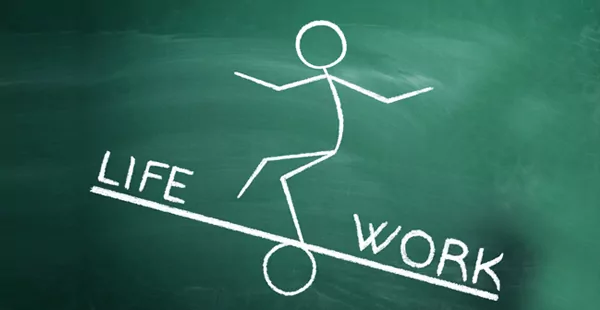Losing someone you love can trigger a tumble of emotions, from shock, anger and disbelief to guilt, sadness and despair. Emotions can run high as the enormity of your loss sinks in, and you may have moments when you feel you’ll never be able to engage in normal life again.
There are four tasks of mourning, according to J. William Worden, in his book Grief Counseling and Grief Therapy, to help you work through the process of grief and to begin to find equilibrium in your life again.
- To accept the reality of the loss.
- To work through the pain of grief.
- To adjust to an environment in which the deceased is missing.
- To find an enduring connection with the deceased while embarking on a new life.
The only problem is that the four tasks don’t necessarily follow one after another. So, if Task 3 involves returning to everyday life, that doesn’t mean you’ve worked through the pain of grief or even accepted that your loved one has gone. Grieving is a process, and that process will take as long as it needs to take –and that process will involve both working through your feelings AND finding a way to get on with life.
So, when you’ve used your compassionate leave and it’s time to return to work, you may see your job as a lifeline: an opportunity to focus on something other than your loss. Or going back to work may fill you with dread, leaving you wondering just how you’re going to cope with getting through the day. Seeking help through bereavement counselling can aid in supporting you in managing your grief and improve your response to the stages of grief itself.
If you’re a bereaved person returning to work…
- Tune in to what you need. Do you feel fit to return to full-time duties? Or would a staged return be more beneficial?
- Reflect on how you want your colleagues to respond to you. Do you want to act as though everything is ‘normal’, with no mention of your loss? Or would you prefer your team to acknowledge it openly in the workplace?
- Speak to your bosses. Have a conversation with your line manager before returning to work, so you can agree a plan of how you will integrate back into the workplace.
- Consider how you will deal with moments when reality hits you. You may be in a meeting, at your desk, or out at lunch when the emotion becomes too much. Do you need to take time out on your own – or do you need to talk to a friend in the office?
- Prepare for how you’ll respond when people around you are at a loss as to what to say to you. There may be some awkward moments when colleagues may say something, trying to be helpful, and instead hits a bad note. They probably mean well, but just don’t know how to articulate it.
- Be kind to yourself. Don’t push yourself to do long hours or take on demanding projects when you’ve just returned to work after a bereavement. Your sleep and concentration may be affected by your grief. This is all totally normal. Accepting this can be the hard part, however.
- Don’t struggle alone. If you’re finding it too difficult to cope, ask to be referred for bereavement counselling. You can speak to your employer, your GP, or search privately for a counsellor.
If you’re managing a bereaved person returning to work…
- Speak to your employee to discuss when they feel they will be able to return to work, and whether they would prefer to come back full time or for a phased return. Be open to flexible working, if necessary.
- Confirm whether your member of staff wants colleagues to know about any aspect of the bereavement. They may want to keep it private.
- Discuss how the employee can manage difficult moments in the workplace, when they may need to take a few minutes of time out.
- Be sensitive to requests for time off, especially around anniversaries or other special events.
- Have regular reviews where you can make adjustments, where necessary, to the employee’s working situation.
- Be alert to any disgruntlement from colleagues at having to pick up the slack due to the bereaved person’s absence.
- Ensure the employee knows he or she can speak to the Employee Assistance Programme, or if you don’t have one in place then you can arrange for them to have bereavement counselling with an external agency.
- Be empathic at all times.
If you need advice on coping with grief while returning to work, or would like to arrange a session with one of our specialist bereavement counsellors, call us on 020 8673 4545 or email [email protected]







